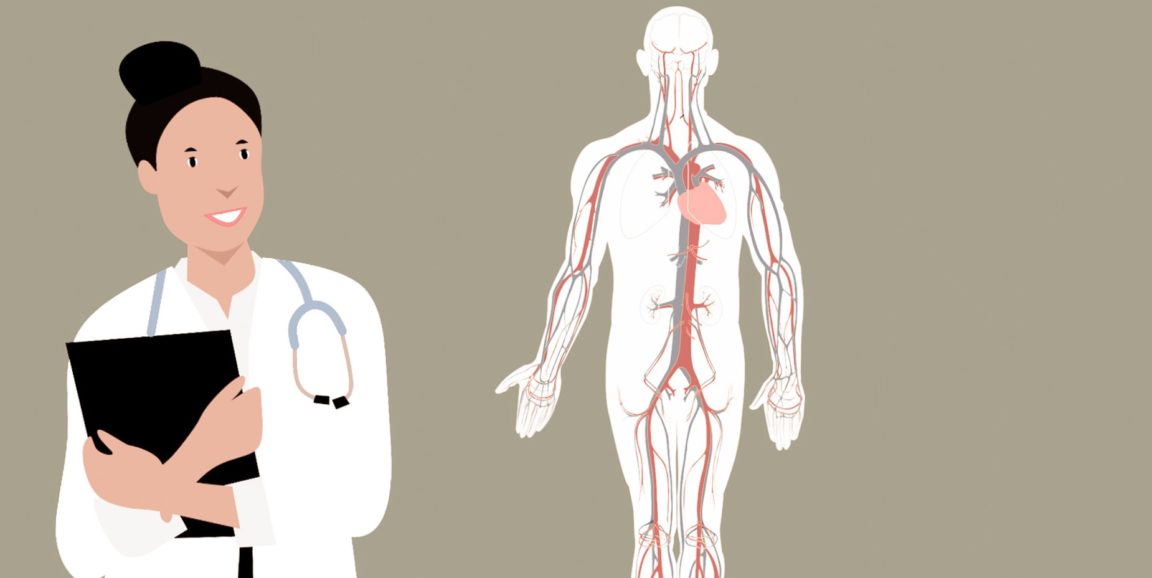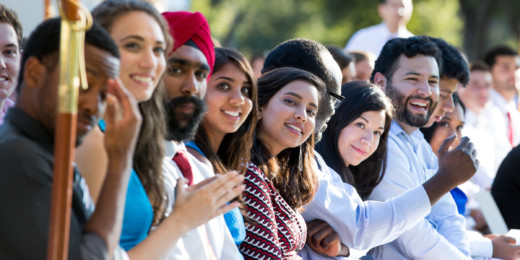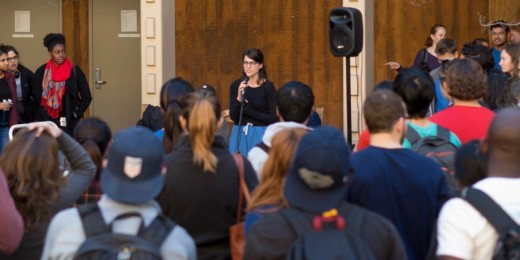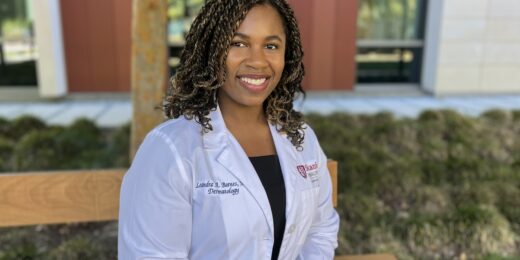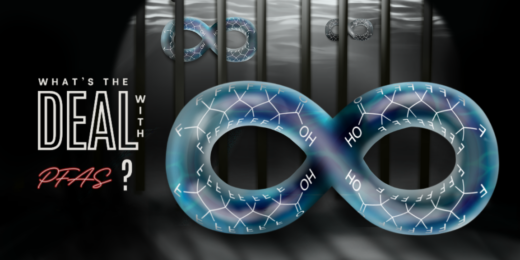To say that I felt overwhelmed in my first year of medical school would be a gross understatement.
Professors often illustrated the academic adjustment period at the beginning of medical school with the phrase "drinking out of a fire hydrant." This analogy is entirely appropriate; we were inundated by a deluge of minutiae covering every scope of human health -- from the microscopic to the macroscopic -- including genetics, molecular biology, bacteria, viruses, bacteria, physiology, anatomy, and social determinants.
While struggling to absorb the torrential flood of information, I wondered how I would ever retain the knowledge that I needed to become a competent physician.
I didn't have to worry for long.
Starting in my third year of medical school, the concepts that I'd struggled with started to click when I saw them reflected in my patients. During the first week of my internal medicine rotation, a patient with granulomatosis with polyangiitis -- a rare autoimmune disease affecting the kidney, lungs, and the upper respiratory tract -- was admitted in our service.
This was a disease that I had struggled to memorize during my second year of medical school; unfortunately for me, the disease was also a popular concept tested on the Step I (exam taken in medical school to prepare for licensing) and the shelf exams (assessments at the end of clerkships).
As I pored over the diagnostic tests that my patient had undergone, the treatment he had received, and the symptoms that he'd struggled with, the facts began to make sense. I formed an emotional resonance with the information that had previously seemed abstruse. These clinical experiences provided a scaffold to re-organize and reexamine my medical education.
In a more macabre situation, I worked with a patient with severe burns, who had been attempting to cook meth in her home kitchen. As I sheared through the patient's smoldered jeans, the plastic surgery resident calmly explained how to use the Parkland Formula to calculate how much fluid she would need.
The scene is etched into my mind: the unnerving nonchalance of the resident, the patients' moans while she stared at her mangled hands, and the utility of the Parkland Formula.
I experienced these patient-linked learning moments again and again during my clinical training. Particularly in a place like Stanford, brimming with hyper-specialized experts, it was relatively common to see patients with rare conditions -- epidermolysis bullosa, Patau syndrome, ataxia telangiectasia and dermatomyositis, just to name a few.
The information that had seemed impenetrably nebulous in my textbook became immediately real to me. My interactions with my patients and their physical complaints, medications, imaging studies, lab results, and lived experiences became an indelible mental hook associated with my understanding of illnesses. My patients were -- and are --my greatest teachers. With their help, I finally started to feel competent.
Right now, I'm undertaking my penultimate rotation in medical school -- the ambulatory/emergency medicine clerkship. The residents and the attendings know that I won't be going into their specialty, but they've allowed me to treat this rotation as a test of my clinical abilities.
In this clerkship, I need to figure out what was going on, whether any patients are in any immediate danger, and what the next steps would be. All the knowledge that I have accumulated from internal medicine, surgery, obstetrics and gynecology, and pediatrics came together in generating the initial differential diagnosis.
I started medical school with a "fake it till you make it attitude." With most of medical school in the rear view mirror, now there's less of the "fake" and more of the "make." I know what to do for the most basic of clinical complaints, and if I don't know -- which is still most of the time -- I know who to ask for help.
Once I start residency, the feelings of incompetency and inadequacy will undoubtedly apex once more, with the added difficulty of assuming responsibility for my patients. Still, I've made it through this process once before and I'm certain that I'll be able to do it again, thanks to my patients, who will continue to teach me how to become a skilled physician.
Stanford Medicine Unplugged is a forum for students to chronicle their experiences in medical school. The student-penned entries appear on Scope once a week during the academic year; the entire blog series can be found in the Stanford Medicine Unplugged category.
Yoo Jung Kim is a fourth-year Stanford medical student and the co-author of "What Every Science Student Should Know," a guidebook for aspiring college STEM students. Her pieces on medicine and society have appeared in The Washington Post, the Seattle Times, The Mercury News, The Korea Times, and Nature.
Image by mohamed_hassan


